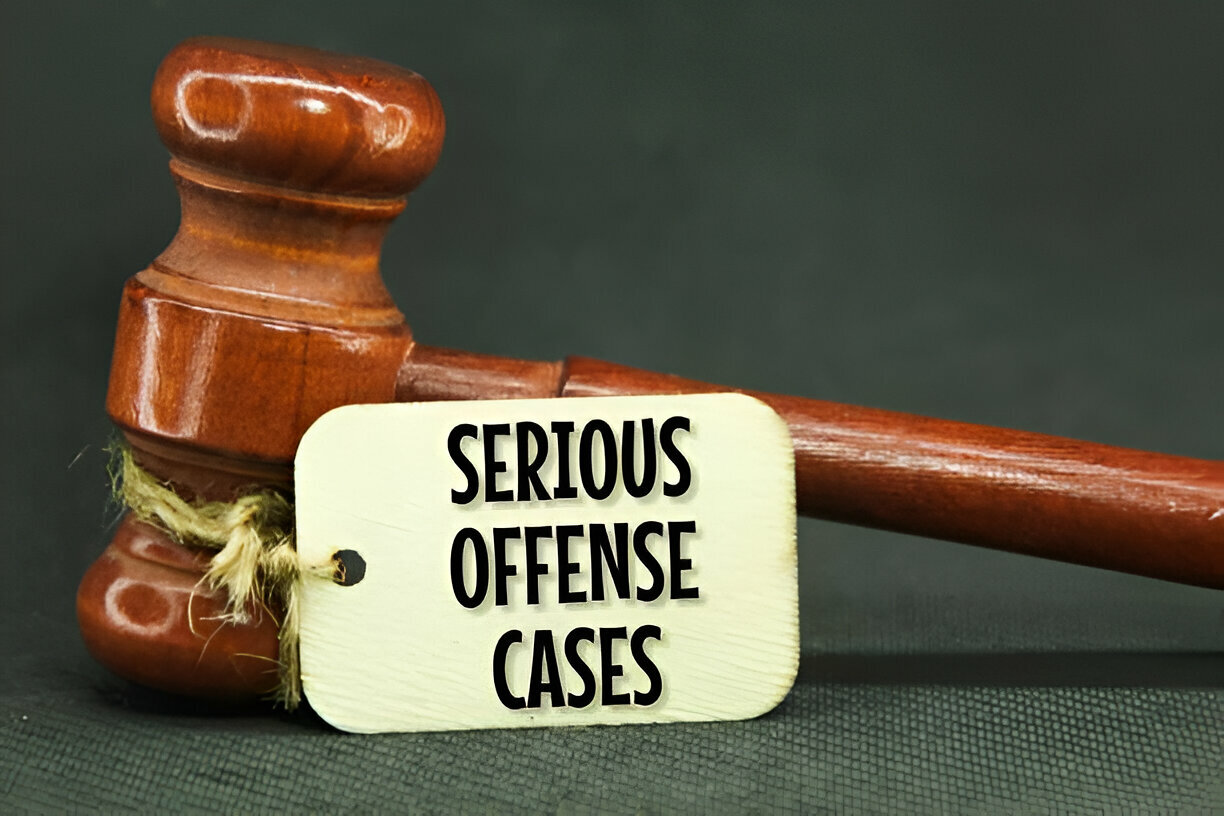In the Canadian criminal justice system, you will often hear of some offences being described as “serious offence.” But what exactly does that mean?
There is no definitive answer, as the seriousness of an offence can vary depending on the situation and circumstances. However, there are some general factors that are often considered when determining whether or not an offence is serious.
These include the potential penalty that could be imposed, the nature of the offence, and the impact that the offence might have on the victim. For example, a crime like murder is usually considered to be far more serious than something like shoplifting.
Serious Offence: Indictment vs Summary Convictions
It’s also worth discussing the difference between an indictment and a summary conviction. In Canada, some offences can be prosecuted either way.
An indictment is the more serious option, and it means that the case will go to trial in front of a judge and jury.
A summary conviction, on the other hand, is considered less serious and is typically handled by a judge alone. These cases usually have a lower maximum penalty (six months in jail or less) and are often considered to be Petty Criminal Offences.
Please note that even though an offence may only be punishable by a summary conviction, it can still be considered “serious” if it meets the other criteria mentioned above.
Ultimately, it is up to the judge or jury hearing a case to decide how serious an offence actually is. But if you have been charged with a crime, it is important to understand how it might be classified so that you can prepare your defence with your Regina criminal lawyer accordingly.

